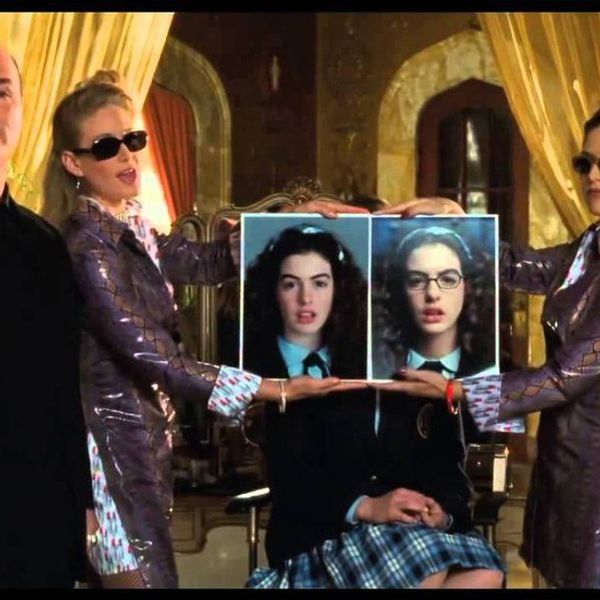As demonstrated by the new Mattel movement, the need for diversity in beauty has evoked a positive response from its target audience. However, an important question that arises from this is: How will large manufacturers such as Mattel equally represent its young target audience members across the board? Of course, attempting a customizable system for acquiring dolls might be a possibility. However, when examining the reasons for attempting to diversify Barbie dolls in the first place, could the intentions be perceived and executed in a slightly more novel, more productive manner?
Say the move for diversity was a move to higher understanding of what true beauty is. Considering the archaic bases for beauty, and the position the industry is heading now, could it be that our ideals are outdated? And if it were, how can it be re-constructed in a manner that is healthy, not harmful, towards our younger generations?
When examining role models for young men, figures such as GI Joe, Lionel Messi, and superheroes such as Batman or Superman come to mind. For young girls, Barbie, Bratz, and Disney princesses come to mind. However, some of the stark differences between these two seem to point out that the former have solidly defined skills, while the latter are praised for traits they were simply born with.
Although there are some things left to be desired with the first group, problem this type of thinking in these constructs is that one demographic has less control over how they view their peers and sense of self, resulting in a distorted norm across the board.
Keeping this lens in mind, perhaps a better solution for Mattel and similarly moving manufacturers would be to pursue a direction more like the original American Girl dolls - the brand which, ironically, completely changed direction as well when Mattel bought them.
Imperfect as these constructs are, when placed side by side with young male ideals that teach strength and altruism, it only seems right for young women to be more than domestic, pretty; especially considering the quickly evolving manner in which overall societal goals and ideals are heading. In an age of progress, enlightenment, and self-love, we are most in need of ideals that are there not to create a hierarchy, but rather a sense of self-awareness and the healthy kind of discomfort needed to truly foster growth and a constantly evolving conscience on all levels. Think back to the times when Rosie the Riveter was a subtle "beauty" icon. She taught us that we can do it; these are the very bases that make up the foundations in the most basic relationships among our young minds. It's a great way to teach males and females alike that underneath it all, we are one and the same; to adjust ourselves accordingly and ensure that we are all moving forward together; to be better people in every sense we can be for ourselves and for one another. Encouraging our young women to be thoughtful, critical, and empowered might just be that - the standard of holistic, integral, true beauty, that we need.





















